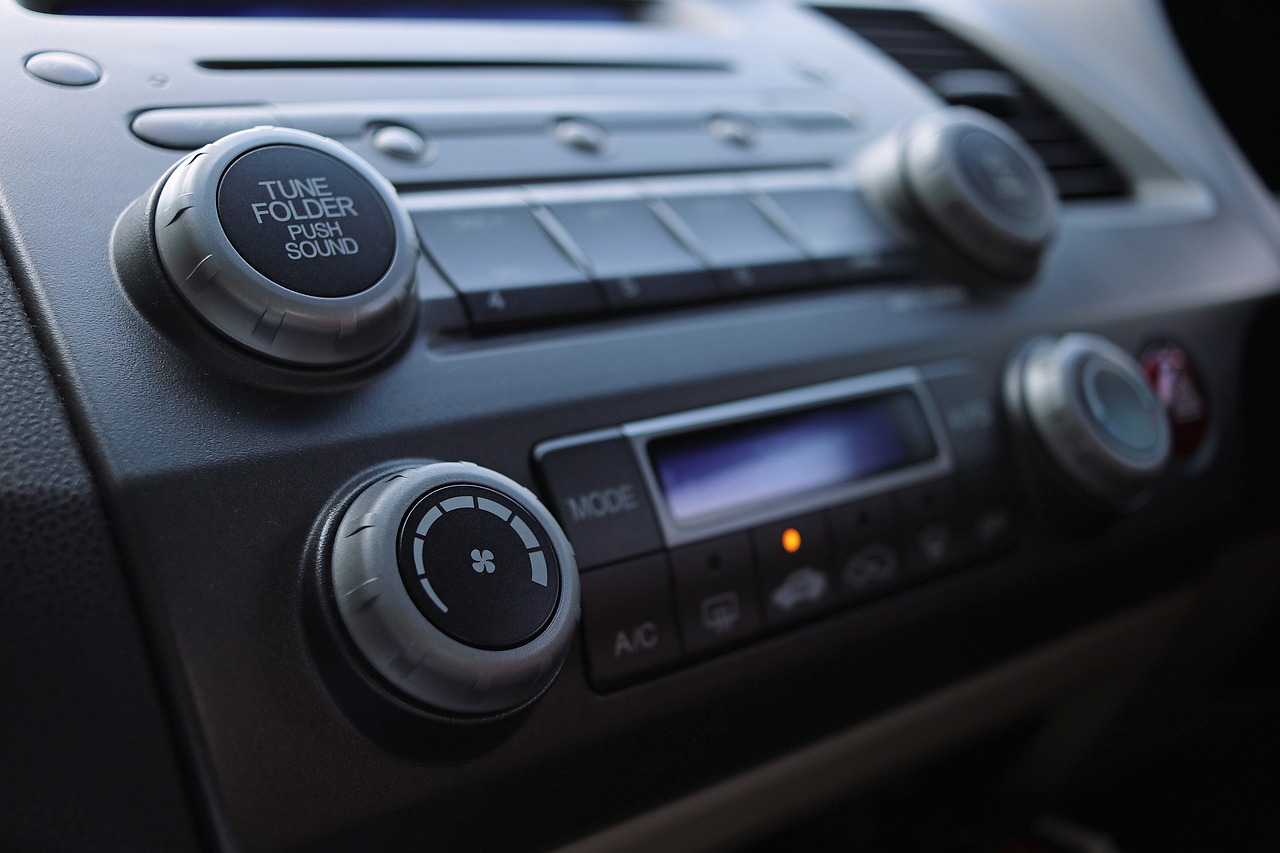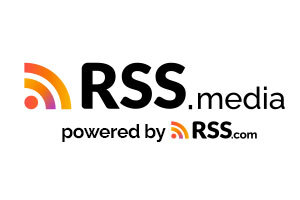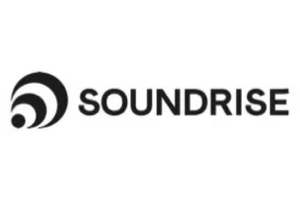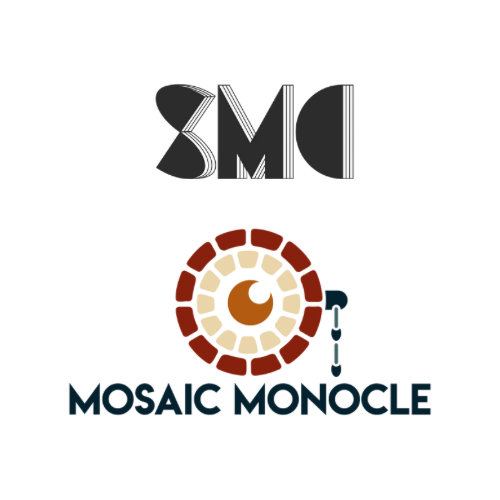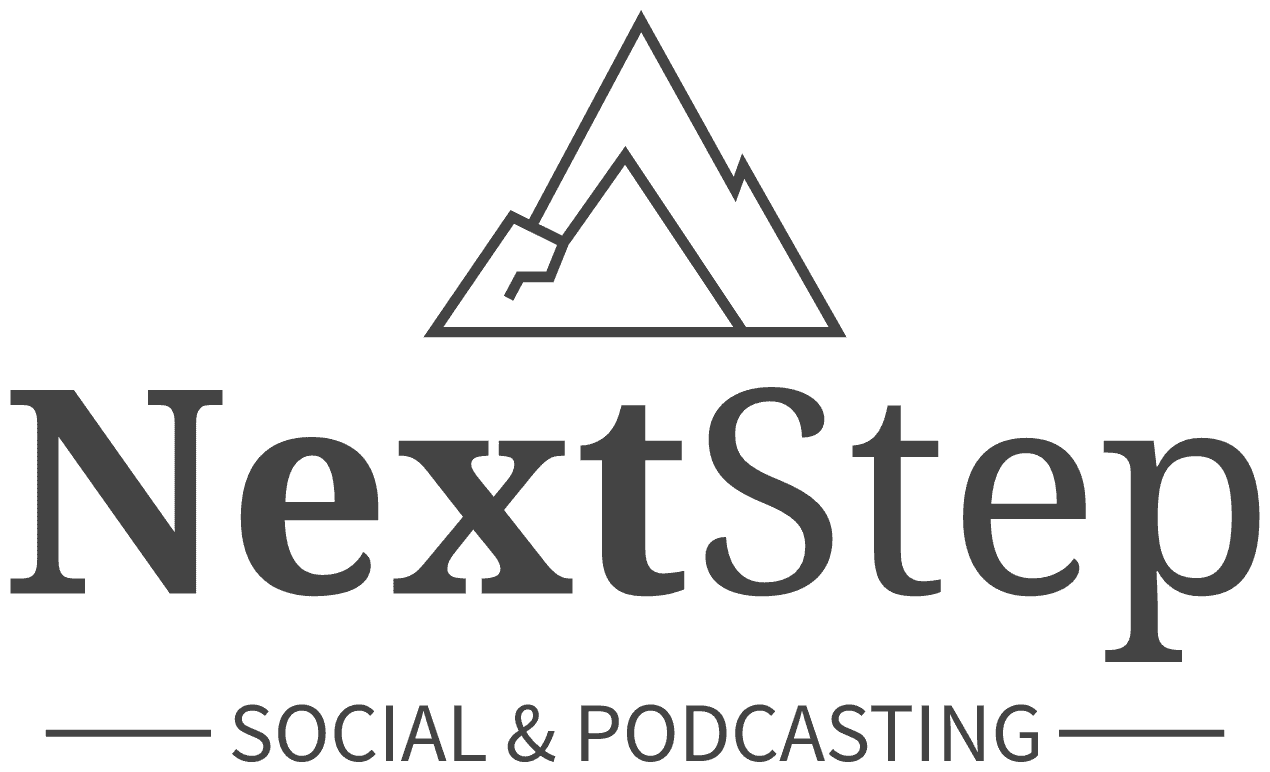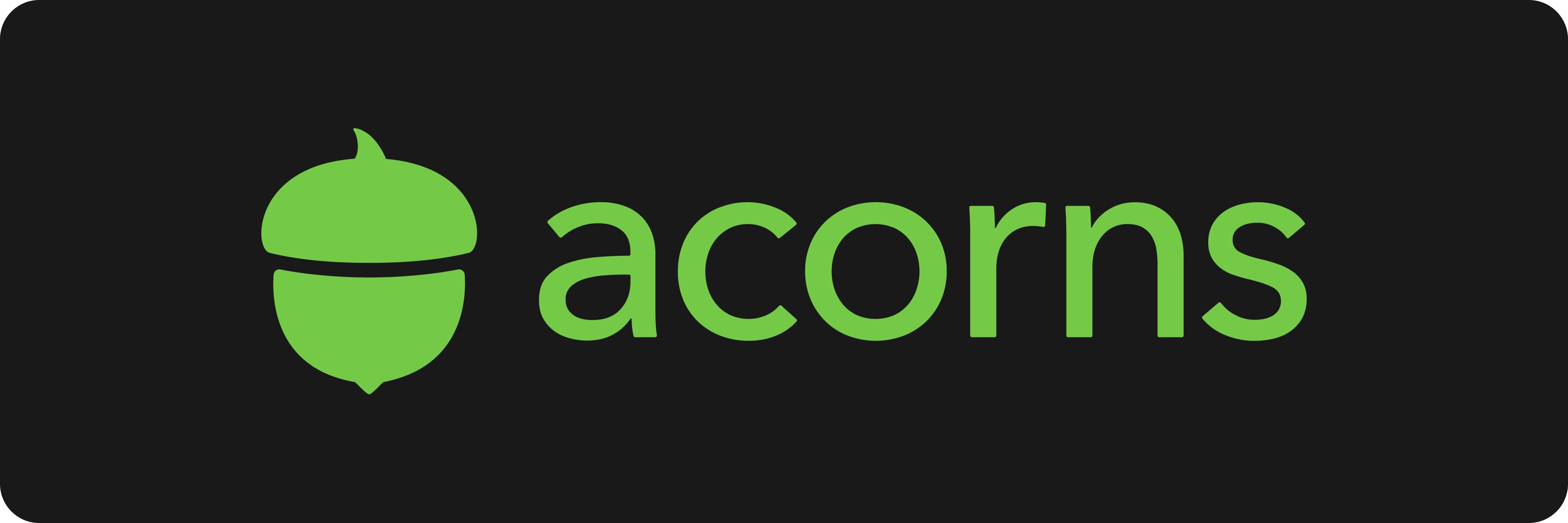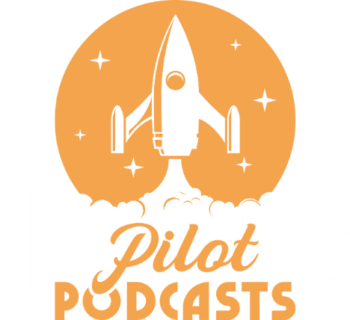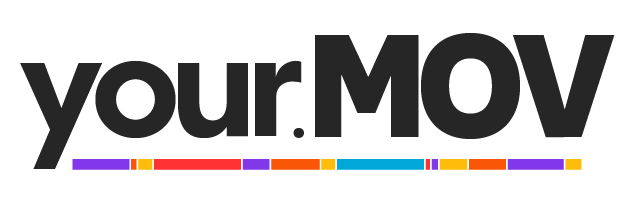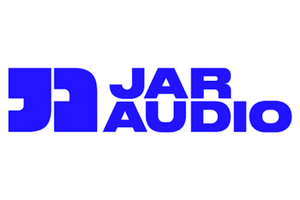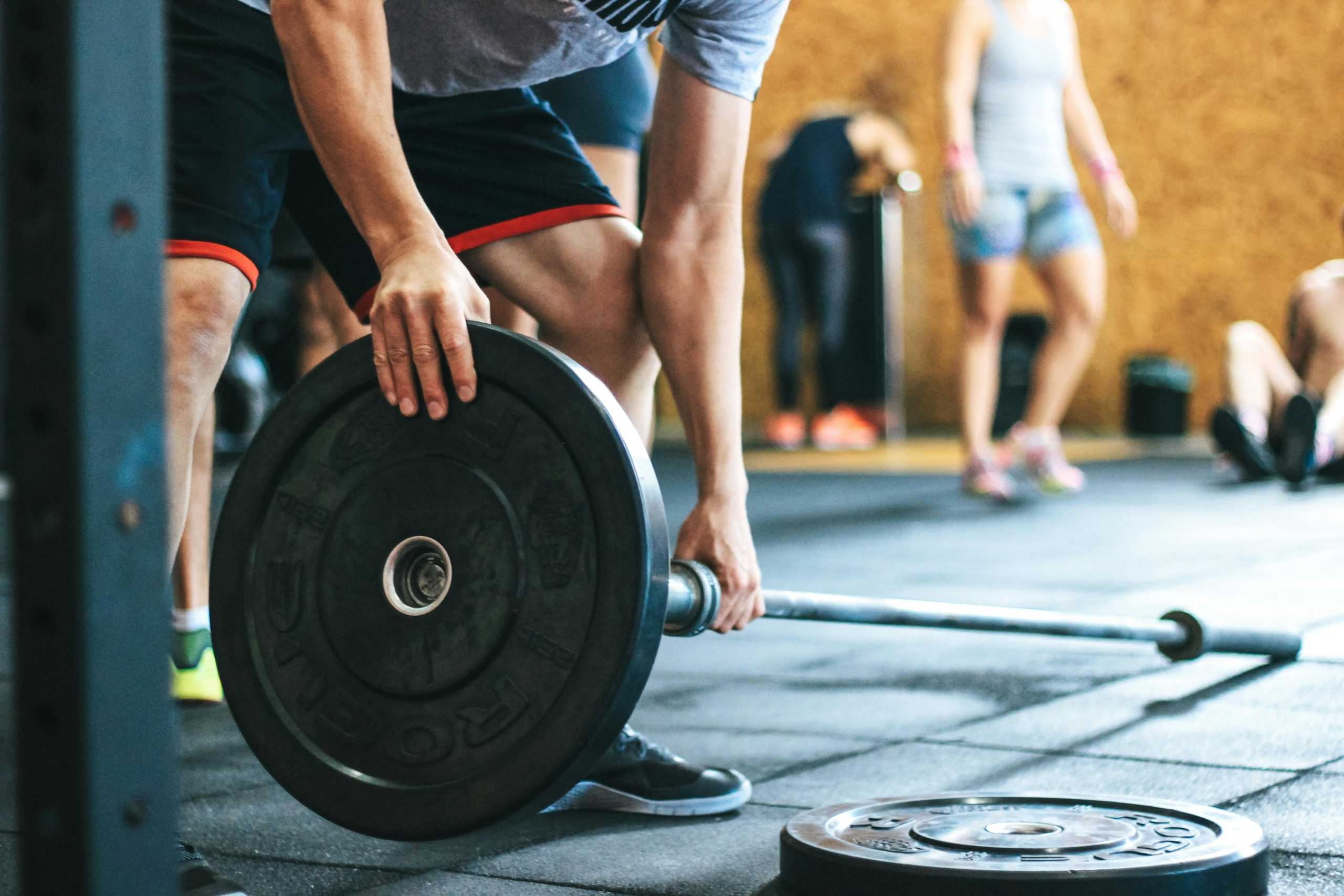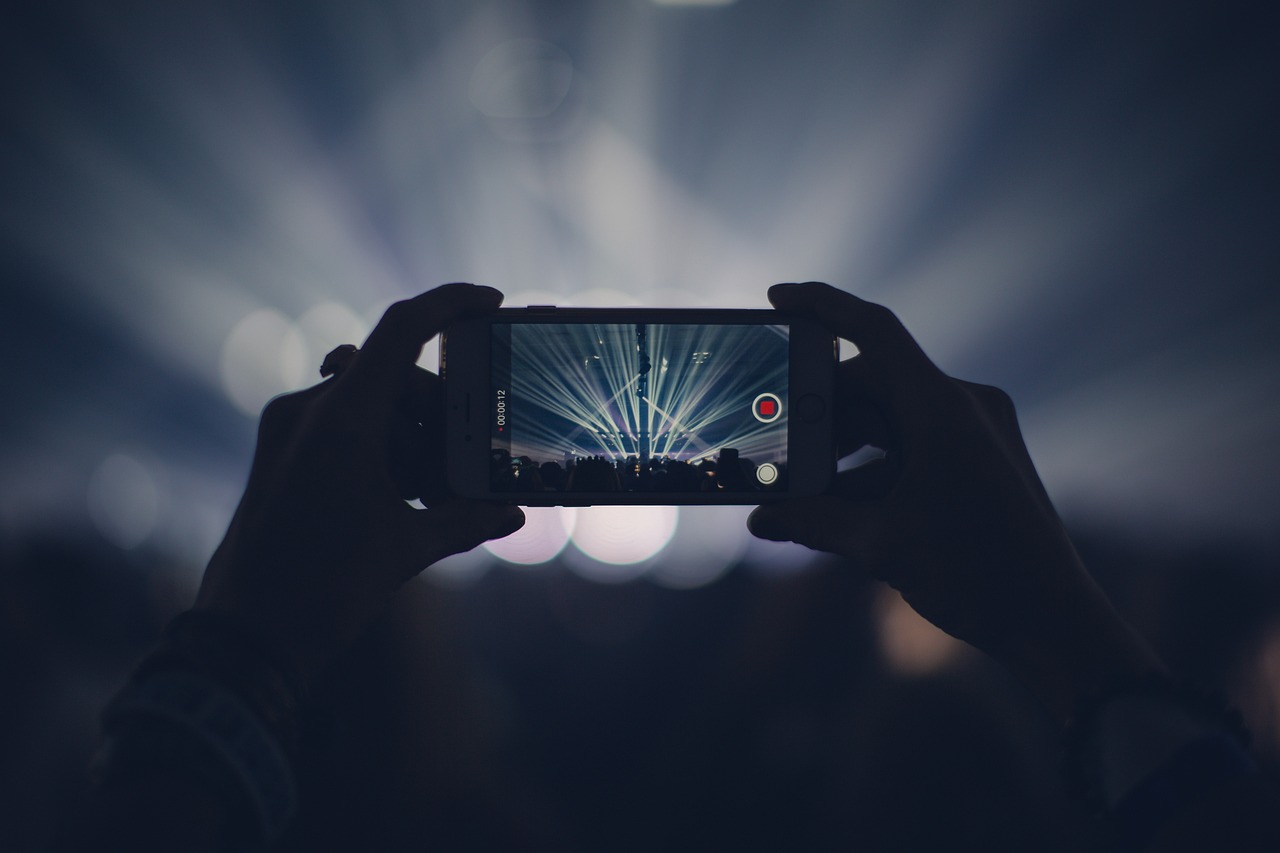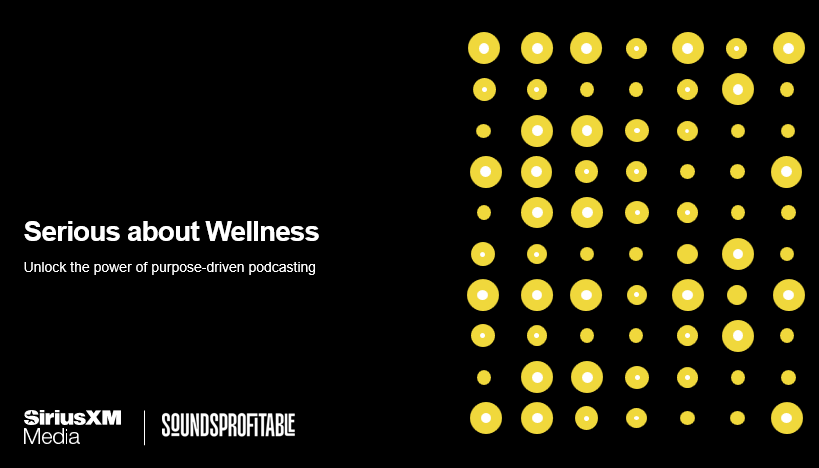How much is too much when it comes to podcast advertising? We’re aiming to find out. Sounds Profitable’s upcoming study, Ad Nauseam, surveyed 1,000 weekly podcast listeners to determine where they stand on these expectations. The free half-hour debut webinar, hosted by Tom Webster, will take place Wednesday, June 12, at 3:00 PM Eastern Time. Register now.
Editor’s Note: Since this publication Spotify has announced Megaphone is now in the process of re-certifying for v2.2.
I hope that we can all agree on this: Spotify is one of the most important companies in podcasting.
I truly believe that their actions in podcasting rocketed us through the awkward teenage years of industry development during a global pandemic in a way that no other company could. I know that smart companies who strategized during the boom period they created held on to more than others did when the bust washed over us. And even for those who didn’t, many businesses were made and then refined on the waves of their actions.
Spotify’s app is strong. It innovates in ways others have not. The company tries new ideas in the app and for creators like few others, and maybe they twilight them faster than many of us would like, but it’s based on data that they have, evaluating if that objective worked. There’s thought behind it.
Our industry is small, even globally. Sounds Profitable couldn’t exist in any other industry the way it does in podcasting. This also means actions that impact the livelihood of our community leave a mark in very personal ways. When companies lay off employees one month, and hold parties or make multi-million dollar acquisitions the next, our reactions can be irrational. We are particularly good at choosing to ignore how business works in those moments, believing that just skipping that party or deal would have saved those jobs and not viewing that party or deal as a business decision that might just save the next round of jobs or lead towards a round of hiring. It’s not one giant pool of shared money.
I want Spotify to continue to succeed. I believe their continued success will benefit the future of podcasting and spoken-word audio, even if it doesn’t feel like that to many of you.
But today, it’s important that we collectively review their recent actions with open eyes, acknowledging that Spotify is not a peer in our industry but rather a global multi-platform corporation, responsible for a considerable amount of listener consumption, and ultimately may make decisions in their best interest vs your individual interest.
IAB Podcast Certification
Spotify has chosen to leave the IAB US branch, IAB TechLab, and has also chosen not to recertify Megaphone or Chartable (now part of Spotify Ad Analytics) to the IAB Podcast Guidelines. I could write a whole article about the nuances of the different pieces of the IAB, but the only truly relevant part here is that recertifying against the IAB Podcast Guidelines holds a flat cost of only $8,750 for companies who are not actively members of IAB TechLab and has no association with IAB US membership. So, Spotify’s decision was unlikely to be financially related.
This is the first year since the inception of the IAB Podcast Guidelines that certification has been required. It was announced in November 2022 that it would be required in 2023 going forward, but due to a slow start on improving the guidelines, with 2.2 just being approved publicly recently and having fewer improvements than we originally set out for, leniency was extended as long as the process was started. And until James Cridland of Podnews asked for clarification, it wasn’t even fully revealed who had declared they would not be recertifying.
Recertification against an existing version, which Megaphone is within its right to recertify against 2.1, would be the lowest possible engineering and time lift on top of the $8,750 cost.
It is unlikely that recertification would uncover any form of massive discrepancy at Megaphone, and choosing not to recertify does not imply an active choice to deviate from the spec. But it does break the unspoken rule.
The governed terms Download and Ad Delivered (not ad impressions!) are data points that our industry has spent a decade building and defending. They aren’t perfect, but we’ve refined them pretty well, and performance marketers have run them through the wringer and shown our entire industry that they are strong indicators that podcast advertising works. It is a proxy measure that we have all agreed to because we will likely never get actual granular client-side listening data back or true client-side ad impression counting universally. By the way, up until 2018, the kilogram was also an “agreed to” measurement. There was no such thing until the world agreed that a hunk of metal stored in France was a kilogram, and that was true for over 100 years.
So here’s what happens when Spotify chooses to opt out of this agreed-to measurement system:
1) All Downloads reported by the Megaphone platform are now unable to be squared with IAB-compliant downloads. Even if Megaphone decided to report directly on client side plays for Megaphone to Spotify in their closed-loop walled garden, that does not account for the considerable amount of downloads Megaphone publishers encounter otherwise. That would also require client-side certification by the IAB.
While there are three prefix URL solutions certified with the IAB to measure downloads, the spec, as written, does not provide any unique guidance on the difference between a redirect URL and true file hosting/raw log identification of downloads. It is not a solution, only a temporary Band-Aid.
2) “Ad Delivery” as reported by Megaphone is also now without meaning. Ad Delivery is a server-side metric that requires not only confirmation that an IAB Download happened but also that the portion of the episode containing the ad was sent to the listener’s device.
There are no third-party workarounds here, as it is all internal. Ad Delivery pixels (often used for attribution) are simply fired when the hosting platform confirms they’re going to count Ad Delivery for the specific action and have no certification assigned to them either.
Every aspect of hosting and ad serving on Megaphone is immediately impacted, from integrated ads to dynamic ad insertion and all forms of programmatic advertising. They now no longer have a basis for comparison with podcast advertising as it is currently defined.
As an industry, we’ve worked incredibly hard to build confidence in our metrics, and at the IAB Podcast Upfront this year, much of the conversation was post-download, moving past lamenting not having client-side metrics and instead doing substantially more with what we have. Actions like this, by a titan in our space, put that growth on shaky ground. How many advertisers may choose to sit out exploring podcast advertising in 2024 because of an action like this?
Spotify Ad Network (SPAN) Changes
Spotify also recently announced changes to Spotify Ad Network (SPAN) that will take effect on July 1st, 2024. These changes will impact publishers on the Megaphone platform, as they will no longer be able to set a price floor for SPAN. This development has led to speculation among Sounds Profitable partners, most of whom do not currently set a floor.
There are several possible reasons behind this change:
-
Spotify may have been seeking greater access to inventory from publishers who had set price floors higher than they could accommodate.
-
Spotify anticipates having to sell SPAN directly at a lower price in the future
-
SPAN, which is currently not programmatic, may soon be made available programmatically.
The first speaks to access. The second two take quite a bit of control out of the publishers’ hands and effectively require publishers to allow Spotify unlimited opportunity at any price point to sell their inventory if they’re not able to sell it directly.
Megaphone’s ad platform is organized into tiers: direct-sold, SPAN, VAST, and promo. These are hard tiers, meaning each is self-contained and there’s no competition between each type. A price floor on SPAN allows publishers to limit Spotify’s access to sell that inventory for less than they can get through their own direct relationships. VAST, in this case, is used by the publisher to call external programmatic solutions, creating competition they control for the inventory the publisher, nor Spotify, could sell. This change of removing the price floor is likely to result in SPAN consuming significantly more available inventory, leading to a substantial decrease in VAST calls and a reduction in publisher control.
Many publishers have invested considerable effort in perfecting their programmatic solutions, only for this change to potentially disrupt their efforts. Programmatic through VAST on Megaphone has its challenges, with the best integrations requiring VAST providers to work around Megaphone’s limitations and limited support for troubleshooting. Supporting VAST is not ideal for Megaphone as they only make a tech fee for the ad serving and not a percentage of the sales. The reduction in available inventory for programmatic partners may make it financially unviable to work around these limitations, especially considering that the Ad Delivered metric is no longer relevant on Megaphone.
Where Will It Go
Once upon a time, the industry rallied against Spotify caching all podcast episodes sent to their app. Then YouTube announced that podcasts would be cached to appear on YouTube Music, either through RSS ingestion or direct file uploading. The Spotify we see today is not the Spotify that relented on caching 6 years ago.
I see no future where Spotify accepts a streaming URL from external hosting platforms or where they provide better-than-download metrics for anyone not within their stack because it would share a substantial amount more listener data (a privacy and competitive advantage risk) with zero financial benefit to them.
It would make sense for Spotify to abandon the RSS feed, offer full streaming between Megaphone and Spotify, and replicate YouTube’s offering if you want your podcast to be hosted on their app. Their Streaming Ad Insertion capability could easily be offered to any publisher uploading content, giving more control to selling your own ad inventory within a walled garden than we currently get with YouTube and opting even more publishers into SPAN. Walled garden solutions don’t require IAB Podcast Certification, after all.
But SPAN has its critics. At the IAB Podcast Upfronts several candid conversations were had about how blind buying into SPAN is and how it’s just not worth it for those invested in the space already. That’s not to say it’s not appealing for new-to-podcast advertisers or those buying audio and getting a taste of podcasting, but we’ve garnered enough attention now that many are exploring past single-entity buying.
The marketing machine that is Spotify is strong, but are they strong enough to convince advertisers to buy a blended SAI and DAI (uncertified) for Joe Rogan or Call Her Daddy? And even if they are, do we believe the publishers hosted on Megaphone can individually wield the same authority? I personally don’t, which is why I’ve written this incredibly long article.
What Should You Do
The actions Spotify has taken are not much different than what YouTube decided. The difference is that we weren’t already heavily invested in YouTube when they declared their terms of engagement. Each publisher is still deciding how much they want to dedicate to YouTube. It’s understandable that this is upsetting. Spotify was “one of us” at one point, but they’ve evolved and grown into a much larger category and most of their actions, whether you want to believe it or not, have benefitted our industry.
In an attempt to call them back in, every single publisher hosting on Megaphone and advertiser or agency who buys ads with publishers on Megaphone or Spotify directly should email your rep and ask for them to begin IAB certification immediately. Advertisers especially should be voting with their budgets on this issue, especially when it comes to buying on Spotify owned and operated shows.
Publishers on Megaphone should also engage directly with their key advertisers and ask them to share how this will impact the future of their relationship. Many may not have an answer, but some will. Megaphone Publishers will have a lot of decisions to make in the future, regardless of IAB Certification or not.
Each publisher on Megaphone should begin evaluating all other IAB-certified enterprise hosting platforms, such as Acast, Audioboom, ART19, Simplecast/AdWizz, Omny Studio/Triton Digital, Soundstack, Spreaker, Libsyn, and Dovetail from PRX. It is incredibly important to document your current workflow for all users of your platform, as no two hosting platforms work exactly the same. Publishers should also come equipped with estimates of their SPAN revenue for the previous few quarters and feel comfortable asking these hosting platforms about their ability to meet that net revenue along with their ability to support publisher-led programmatic relationships. Migrating between platforms may be trivial on paper, but in practice can be quite stressful. The right hosting platform will provide assistance to help make that as smooth as possible.
Each of those named hosting platforms, along with all other IAB Podcast-certified entities, should call Spotify back into the certification process as well.
None of us benefit from fragmentation. Spotify choosing to operate differently WITHIN their app is absolutely their business and right, and we should all expect that. But DAI over RSS is a defined thing, with rules, expectations, and a decade of fighting to move past defending it.
We are so close to that post-download world, to the next wave of advertisers and renewed budgets. Let’s draw the line collectively here.
New Partners
Sounds Profitable exists thanks to the continued support of our amazing partners. Monthly consulting, free tickets to our quarterly events, partner-only webinars, and access to our 1,800+ person slack channel are all benefits of partnering Sounds Profitable.
-
Beginning its journey in 1999, BackBeat Media has grown to manage sponsorships for a band of fiercely-independent podcasters, a group that proudly includes the company’s own founder.
-
InfluenceLogic is a performance marketing agency helping industry-leading brands scale customer acquisition through YouTube and podcast advertising.
Want to learn more about partnership? Hit reply or send us an email!

